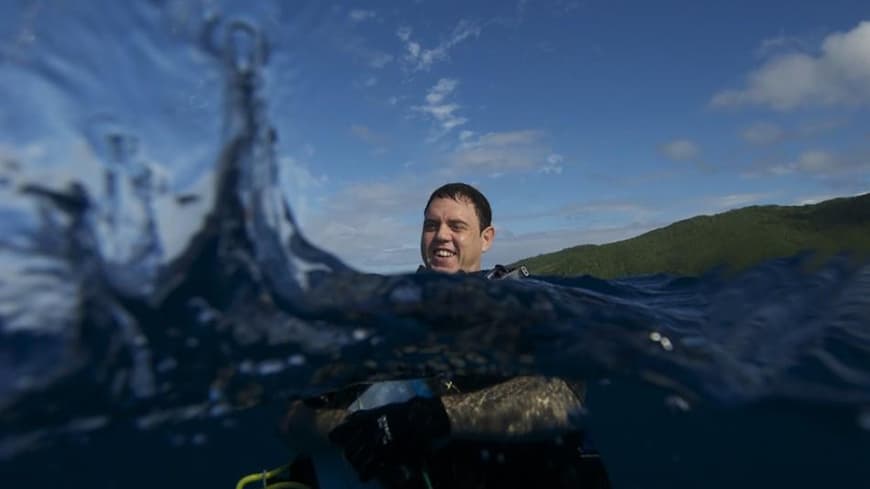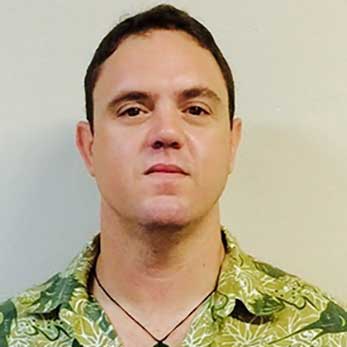
To mark World Oceans Day today, esteemed researchers from universities and conservation groups across the globe have published new insights reinforcing how human health depends on thriving oceans.
Published in the Lancet, Human Health Depends on Thriving Oceans,describes how crucial the world’s oceans are due to their role in carbon storage, climate regulation, food provision, and even providing medicinal resources.
Edith Cowan University (ECU) and The University of Sydney (USYD) Dr Aaron Jenkins, who co-authored the new paper, has called for urgent attention to address the links between human health and oceans, and emphasised a precautionary approach was needed to maintain the ecosystem integrity of our oceans.
“On this World Oceans Day, let us heed this urgent call to safeguard our oceans, recognising that our health, wellbeing, and survival are inextricably linked with the health of the world's oceans,” Dr Jenkins said.
“Oceans not only help control climate-related health risks, from severe weather injuries and food security issues to pollution-induced chronic diseases, but also contribute significantly to our enjoyment, recreation, and overall mental wellbeing.”
The authors, representing diverse global institutions including ECU, University of Sydney, University of the West Indies, Monash University, the European Centre for Environment and Human Health, and Wildlife Conservation Society, point out human health risks linked to climate and ocean changes disproportionately affect low-income countries and small island states.
They stress preserving ocean health equates to safeguarding economies, food security, and the wellbeing of these vulnerable communities.
Dr Jenkins, and the team of experts discussed the significance of the Draft Agreement on Biodiversity Beyond National Jurisdiction, finalised by the UN in March this year.
Also known as the Treaty of the High Seas, this landmark accord aims to manage biodiversity in areas beyond national jurisdiction.
It seeks to ensure fair access to, and distribution of, health benefits arising from novel discoveries in international waters.
The authors praise the Draft Agreement's inclusion of indigenous people and local communities, which promotes active participation in creating strategies for the conservation of marine biodiversity.
“While the Draft Agreement is a significant step forward, we believe that its success depends on a combination of national, regional, and international action,” Dr Jenkins said.
“It also requires the involvement of stakeholders from diverse backgrounds, including health professionals, environmentalists, non-governmental organizations, governments, businesses, indigenous people, and local communities.”
Aaron Jenkins is Senior Research Fellow in Planetary Health within the School of Science at ECU. You can read his work in "Human Health Depends on Thriving Oceans" as published in The Lancet here.
 Dr Aaron Jenkins' new insights reinforce how human health depends on thriving oceans.
Dr Aaron Jenkins' new insights reinforce how human health depends on thriving oceans.



